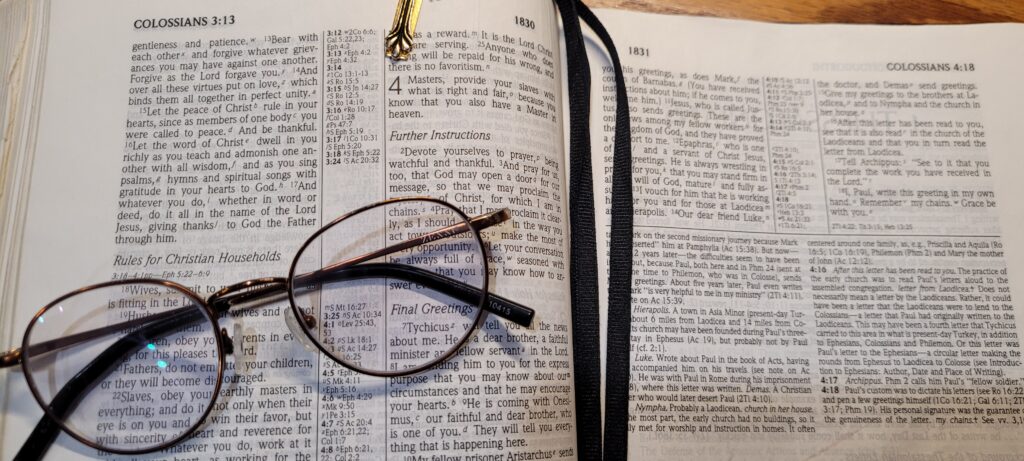Black Friday
Today has been known as “Black Friday” for as long as I can remember. It even has that designation on my Facebook calendar, and I did not put it there. Traditionally, it marked the beginning of the Christmas shopping season. Retailers would have sales with huge discounts to get people into their stores the day after Thanksgiving and jump start their yearend profits.
I learned a long time ago not to shop on that day. The Thanksgiving before our middle daughter was getting married, my wife saw that one store had the mixer she wanted to give her marked down 60% on Friday only. The store opened at 5 a.m. and she told me I was to go and get one for her. I did as I was told, found the mixer, and waited in line an hour and a half to pay for it. I’m not sure it was worth the savings.
Today, Black Friday sales start long before the day after Thanksgiving, and even are available online. But there will still be a lot of folks observing this event today.
When I hear the term “Black Friday,” it reminds me of something else, the day we usually call Good Friday. It was a dark, black day when Jesus willingly put Himself in the position of being the sacrifice for the sins of the world. And that day marked the biggest savings ever: God was saving the world. Jesus was the substitute, taking our sins and giving us His righteousness. From God’s perspective, it was totally worth it. It was not a small price, no minor inconvenience that earned our salvation. Yet Jesus endured it willingly for our sake.
What better way is there to start what the world calls “the Christmas season” than to remember why Jesus was born? And we should take a hint from the retailers and expand this remembrance to much more than just one day. In fact, it should be everyday that we remember the Friday that brought about the Good of our forgiveness and life and salvation.
2 Corinthians 5:17–21 17 Therefore, if anyone is in Christ, he is a new creation; the old has gone, the new has come! 18 All this is from God, who reconciled us to himself through Christ and gave us the ministry of reconciliation: 19 that God was reconciling the world to himself in Christ, not counting men’s sins against them. And he has committed to us the message of reconciliation. 20 We are therefore Christ’s ambassadors, as though God were making his appeal through us. We implore you on Christ’s behalf: Be reconciled to God. 21 God made him who had no sin to be sin for us, so that in him we might become the righteousness of God.
May this be the message we share with the world as we prepare to remember Christ’s birth.


